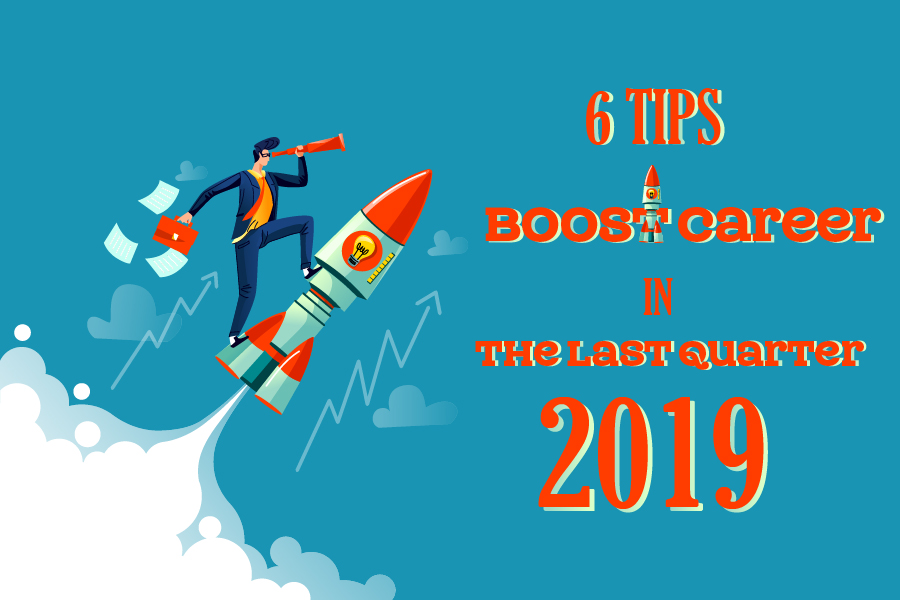In the last few months, I’ve interviewed women on my podcast, Green Connections Radio, and for this Forbes blog who show us how to pivot our way to a fulfilling career.

We all find ourselves doing what Mary Catherine Bateson has called, “Composing a Life,” whether that me climbing the corporate ladder, working in government, in a nonprofit leadership role, teaching at a university, consulting, or working in the media.
We know that women make career choices differently than men do and that women face very different career challenges than men do, so women’s career journeys and decision-making are different as well.
There are certain things that are universal in career development, like networking, and others that are well, generally unique to women. When a woman’s spouse or life partner gets a job transfer, for example, it usually means the woman is faced with the unpleasant choice of either starting over in her own career or living thousands of miles apart from your loved one.
Here are six insightful bits of guidance, particularly for those of us who consider ourselves innovators or change agents, from women in industry and government from my guests the past several months:
Ø Change the company from the inside: As Rasha Hasaneen, Vice President of Product Management Excellence and Innovation at Ingersoll Rand told me, “Big companies need people to stay and change the culture from the inside, because that’s where a lot of the market power sits.”
When you’re frustrated, it’s easy to say you’ll just leave, but remember how hard you and other women fought to have that seat at the table that you have now and why. You can shift their thinking more when you know what’s going on inside, what their values are, and when you have their trust.
You might have a larger impact by being in the room, for what I call “the small moments,” when someone rejects and idea or puts up an obstacle and you are in that room able to say, “well, how about if we look at it this way…” and maybe shift their thinking. I know I did and so have many of my accomplished guests.
Ø Learn to speak the organization’s language: Another important point that Hasaneen made to me is that, “being able to communicate your ideas and that creativity and that passion in a way that’s consumable by other becomes probably the superpower you want to build. It’s the one thing that’s helped me more than anything else.” And she has been successful at some of the world’s top companies, including GE, SAP and Hitachi as well as in her current role.
Ø Work with people who support who you are and what you can do: Who we work with matters a great deal, especially in a boss and on a regular basis. You have a unique way of looking at things, and unique ways of getting things done. Sure, an employer has “processes” you’ll need to follow, but choose where you work based in large part on feeling like you can be you and use your talents and skills. It can make all the difference.
Ø Prepare your data before you pitch anything: Lots of people tell women to “be confident” when presenting an idea or a campaign or asking for a raise, and that’s valid. Building the business case for what you want to pitch is what will also build your confidence, show them that you understand their values, and will help you feel confident with anything they throw your way when you do pitch it.
If it’s a campaign idea, for example, have some kind of data that shows it’ll resonate well with your target market to achieve your employers’ goals. If you’re asking for a raise, come in with metrics on what you’ve contributed and accomplished for the company, so you make the case for the amount of money or specific promotion you want.
Ø Take courses on a new topic: This is helpful if you want to pivot to a new field, or area of the company in the near term. It’s never too late. Bonnie Datta, Senior Director of Regulatory Affairs and Market Development, Americas and Southeast Asia, found that this helped her find a new path when her husband was relocated to the U.S. for a new job and to accompany him she had to walk away from her thriving career in Singapore.
This is also a great way to stimulate new ideas. The Innovators’ DNA is observe, associate, question, and experiment, and studying a new topic will help you do all of those. It’ll also keep your skills fresh and sharp.
Ø Engage with people - You never know who you’re talking to:Kathy Baughman McLeod, the inaugural CEO of the Adrienne Arsht-Rockefeller Foundation Resilience Center at the Atlantic Council told me great stories about how she met people who transformed her career by talking to people she met randomly.
That also means being careful not to speak poorly of someone, especially to new acquaintances, because you never know if the person you’re talking to knows them. For example, I was talking to a man I met randomly at a museum in New York City once and found out that he worked directly for a CEO I had just had a rather odd meeting with. I sure was glad I had not told my new acquaintance my true impression of his boss!
So, while you’re figuring out your next move, think about these tips and let me know if they’re helpful. Maybe listen to the full interviews on my podcast too and read the original Forbes blogs I wrote about each of them.